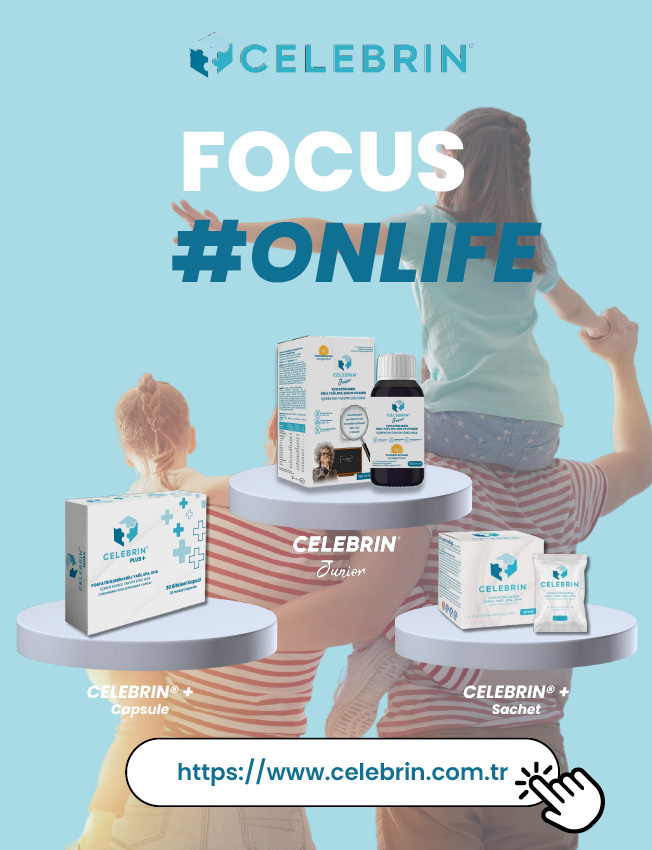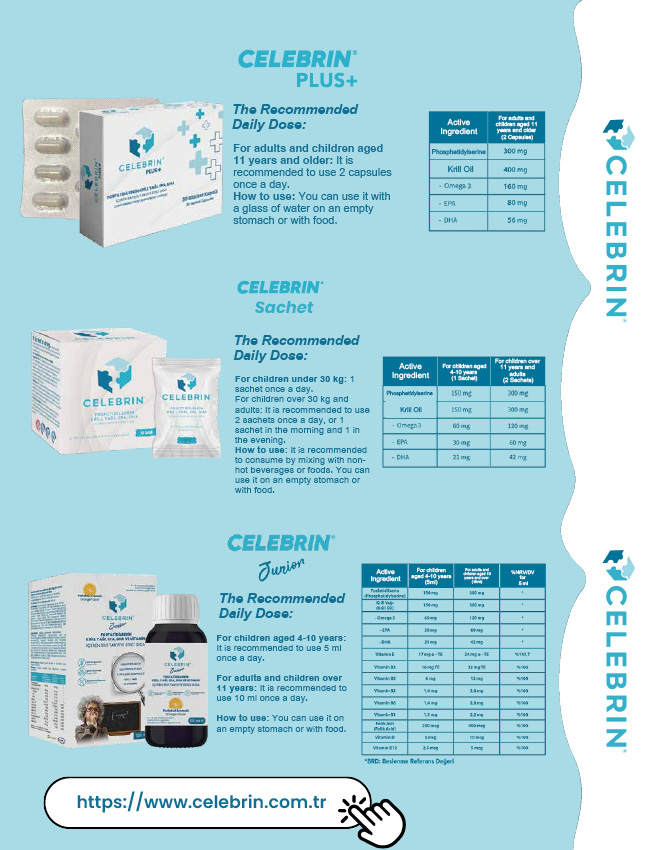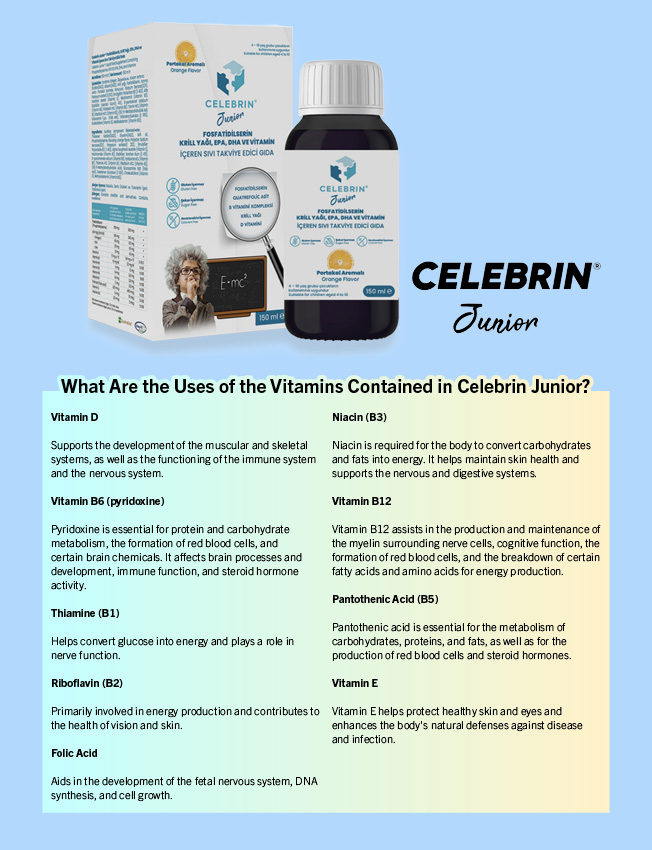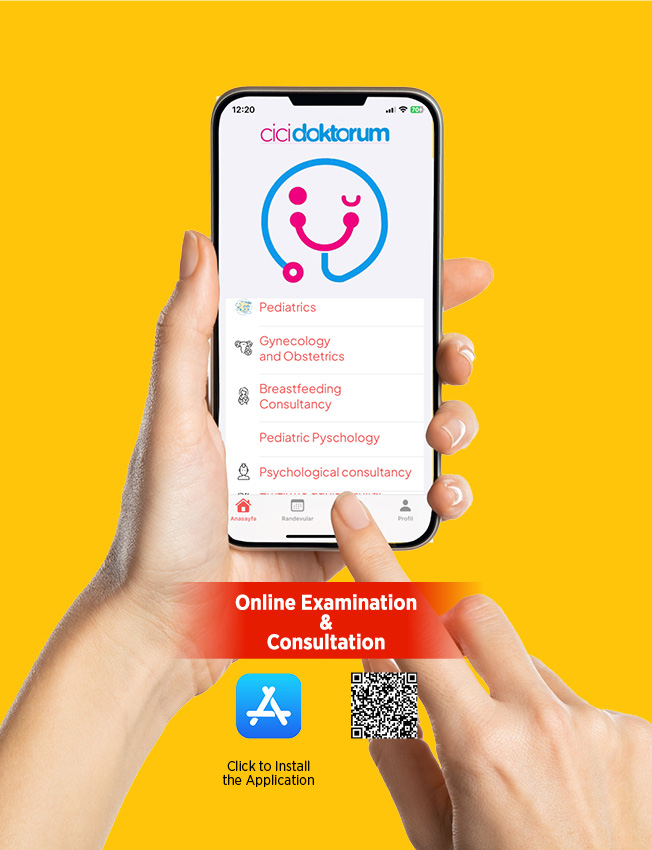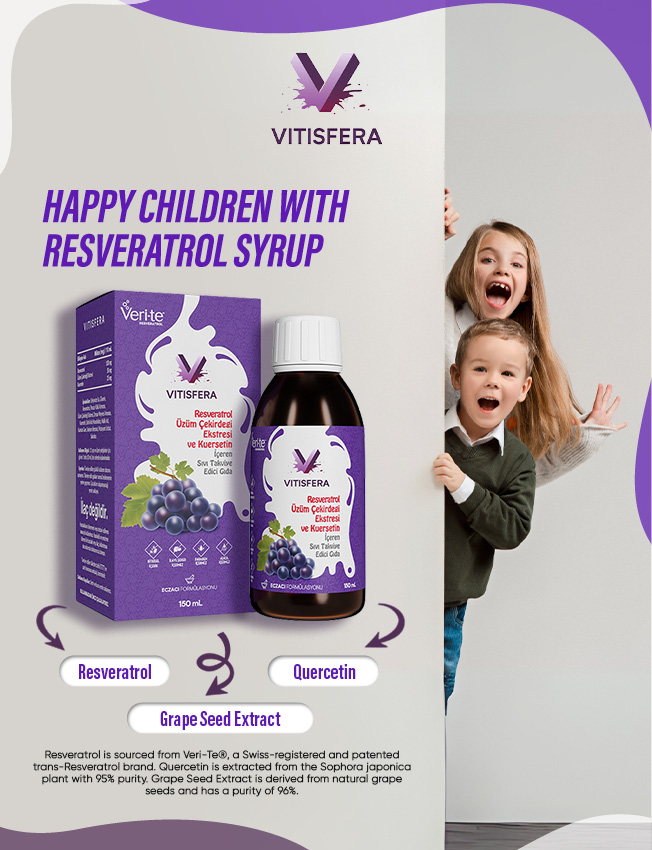Toxic Parenting: Understanding the Concept

After toxic relationships and toxic work environments, now we are faced with the concept of toxic parenting. How is toxic parenting defined, what are its signs, and what harms does it cause to children? Toxic parenting is broadly defined as damaging behaviors that parents exhibit towards their children either unconsciously or unintentionally. But how does this affect children?
The term “toxic” has become quite common in various fields, including toxic relationships, toxic work environments, and now, toxic parenting. Toxic parenting refers to harmful behaviors that parents, even if they wish the best for their children, sometimes display by suffocating them or limiting their freedom to become independent individuals. Recent research suggests that toxic parenting can lead to serious and lasting effects on children. These effects can cause long-term damage to a child’s emotional, mental, and physical health.
Toxic Parenting Leaves Lasting Traumas!
Toxic parenting can manifest as excessive control, emotional or physical abuse, neglect, belittlement or rejection, jealousy or competition, controlling and coercive behaviors. These actions, often done unknowingly by the parent, can leave lasting traumas on the child. Toxic parenting can also lead to low self-esteem, depression, anxiety, and other emotional issues in children. Children may feel worthless and unloved in the face of toxic parenting. Constantly criticized and demeaned children may experience difficulties in their future relationships, work lives, and personal achievements. Moreover, children facing toxic parenting may go through processes like anger problems, aggression, and struggles in friendships.
A Healthy and Supportive Approach to Children is Essential!
As the lasting effects resulting from toxic parenting can impact a child’s overall quality of life, a healthy and supportive parenting approach is critically important to protect a child’s emotional and psychological health. Overcoming toxic parenting requires time and patience.
Suggestions to Overcome Toxic Parenting:
– Establish empathy with your child.
– Provide opportunities for your child to openly discuss emotional issues.
– Set rules for your child but do not forget to establish healthy boundaries.
– Offer positive feedback to your child.
– Remember that, in addition to rules, your child is also an independent individual.
– Be a role model for your child.
– If you find it challenging to cope with toxic parenting, do not hesitate to seek support.
